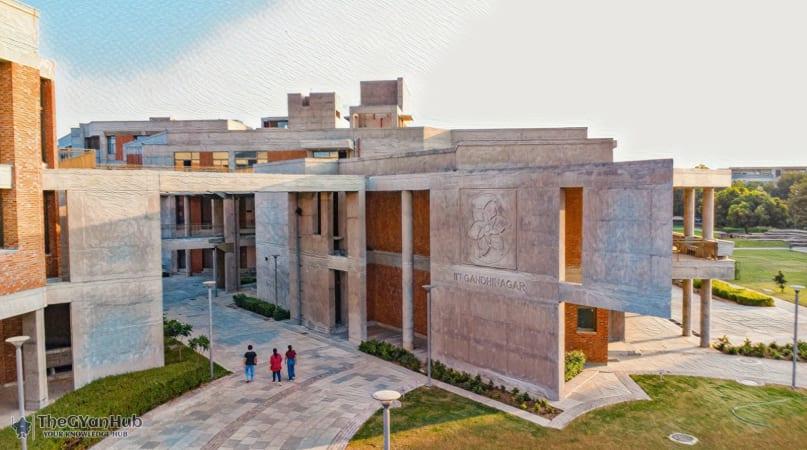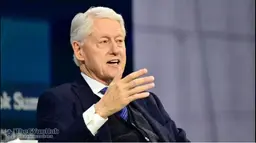I’m a passionate writer who loves exploring ideas, sharing stories, and connecting with readers through meaningful content.I’m dedicated to sharing insights and stories that make readers think, feel, and discover something new.
Syriana (2005) - A Political Thriller Worth Reappraisal
Dir. Stephen Gaghan | Studio: Warner Bros | Country: USA
In the two decades since its release, Syriana has remained one of the most divisive and misunderstood political thrillers of its time. Directed by Stephen Gaghan, this sprawling ensemble film dives deep into the murky intersections of oil politics, intelligence operations, and global finance. Yet, it has often been either mischaracterized as a liberal fantasy or dismissed as a "thesis film"—a term that critics have come to wield more as a pejorative than a category of meaningful cinema.
But what exactly does Syriana do, and why does it matter?
A Political Cinema Post-Fahrenheit 9/11
The film entered the post-Fahrenheit 9/11 landscape—a moment when political cinema found itself under siege from both sides of the ideological aisle. As critics scrambled to identify the next bold piece of political storytelling, Syriana landed awkwardly between camps. Many middlebrow critics praised its complexity, while younger and more formalist critics dismissed it as obvious and overdetermined. Yet, this polarization says more about the critics than it does the film. As Arthur Koestler once warned, "This fear of finding oneself in bad company is not an expression of political purity, it is an expression of a lack of self-confidence."
Connections Over Conclusions
Rather than offering a singular ideological position, Syriana maps out the invisible systems of power, showing how connections—rather than isolated conspiracies—shape our world. It’s a film about alignments of interest, not master plots. Yes, the CIA is implicated. Yes, corporate mergers matter. But no, Syriana does not present a simplistic narrative where the West is evil and everyone else is powerless. Instead, each character functions within a system that dwarfs them.
Prince Nasir (Alexander Siddig) wants to modernize his nation but is seen as a threat by American corporate and political interests. Bob Barnes (George Clooney) is a veteran CIA operative whose loyalty and ethics are systematically dismantled. Bennett Holiday (Jeffrey Wright), a corporate lawyer, navigates the murky ethics of mergers while negotiating his own familial disillusionment.
Not Just a "Thesis Film"
The critique that Syriana is a "thesis film" misunderstands what Gaghan is doing. If anything, the film’s surface-level narrative serves as an invitation to deeper inquiry—not a didactic assertion of truth. Henri Lefebvre reminds us that “the political in its oldest meaning is the theoretical and practical knowledge of social life in the community.” In that sense, Syriana is deeply political—not in the partisan sense, but in the philosophical one.
Indeed, Gaghan’s world is all action, not abstraction. Every boardroom deal, backroom meeting, and oilfield accident functions as part of a larger systemic logic. This is why accusations of the film being either too obvious or too convoluted both miss the point. The viewer’s confusion is intentional; the disorientation mirrors the real-world sense of being dwarfed by incomprehensible forces.
Dramatic Detail in a Systemic Narrative
Beneath its so-called opacity, Syriana offers vivid human moments: the slow radicalization of a Pakistani immigrant worker through mundane life frustrations; Clooney’s character’s tortured transformation from loyal agent to disillusioned pawn; the business-minded pragmatism of Prince Nasir, who remains an enigma until the final, devastating moment.
Even smaller moments feel charged with meaning—the torturer who insists on using his Muslim name despite being entirely Westernized, the children of oil executives casually playing while nations teeter. These scenes don’t spell out moral lessons; they dramatize power structures through lived experience.
Critical Misreadings and Lazy Generalizations
Dismissals of the film as "liberal onanism" or elitist fantasy are less about the film’s content and more about its context: rich Hollywood stars engaging in Serious Issues. But reducing Syriana to Clooney’s political posture or Gaghan’s credentials is criticism-as-tabloid. The film itself avoids didacticism and provides no safe moral perch.
Critics like Laura Sinagra argue the film reinforces our sense of powerlessness. Yet even that feeling, if read charitably, is a call to awareness. As Noel Murray rightly put it: "Sometimes subtlety is overrated." The film doesn’t tell us what to do—it shows us how the world operates.
A Missive, Not a Masterpiece
Perhaps Syriana is best understood not as a masterpiece but as a missive: a dense, imperfect, vital communication. It refuses the aesthetic polish of typical prestige cinema in favor of something jagged and urgent. It points away from itself—to real-world issues of petro-politics, CIA overreach, and corporate opportunism.
In that light, the film becomes an aid to clarity, not a monument to despair. The system it depicts is not inevitable but constructed—and thus, possibly changeable. And that, despite its bleak tone, is what makes Syriana an oddly hopeful film.
For Further Reading:
Explore how oil shapes global politics and why it remains central to 21st-century power struggles.
Revisit the best political thrillers you must watch to see where Syriana fits within the genre.
Understand the long history of U.S. foreign policy influence that inspired the film’s core conflicts.
Related articles in this category

Exploring India's Underappreciated Craft Technologies: A Global Perspective
January 6, 2026
India's rich heritage of tools, techniques, and craft technologies remains largely underexplored compared to other civilizations. This article delves into the significance of these crafts and the need for greater recognition and preservation.

Hrithik Roshan’s New Avatar – Journey from Hero to Director
September 10, 2025
Veteran filmmaker Rakesh Roshan has announced that the much-anticipated Krrish 4, directed by his son Hrithik Roshan, is set to begin shooting in mid-2026 with a planned theatrical release in 2027. The script is complete, budgeting hurdles have been cleared, and pre-production is already in full swing under Hrithik’s leadership.

Top 3 Bollywood Comedy Movies: Story, Review & Box Office Hits
July 20, 2025
इस लेख में तीन सुपरहिट बॉलीवुड कॉमेडी फिल्में—Bhool Bhulaiyaa 2, Dream Girl और Fukrey Returns की कहानी, समीक्षा और बॉक्स ऑफिस रिपोर्ट विस्तार से दी गई है। ये फिल्में दर्शकों को न सिर्फ हंसाने में सफल रहीं, बल्कि बड़ी कमाई भी की।






